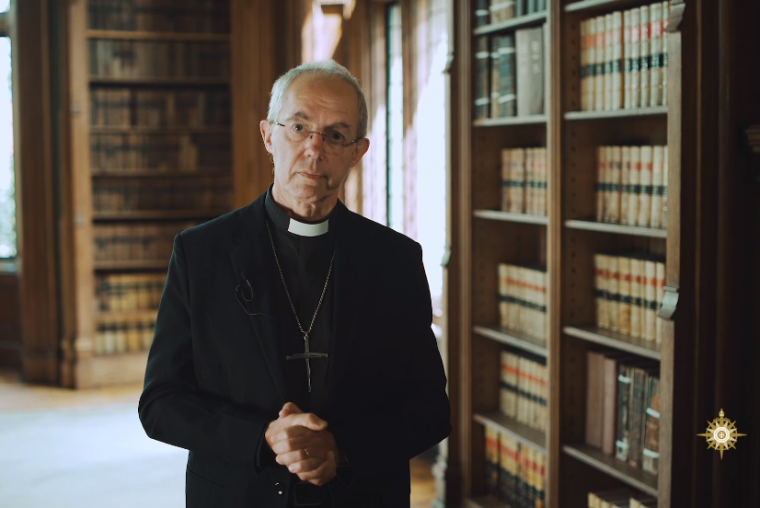Lambeth Conference delayed until 2022 over Covid-19 concerns

The Lambeth Conference, bringing together bishops from the worldwide Anglican Communion, has been set back two years by Covid-19.
The event had been due to get underway in Canterbury, Kent, at the end of this month, and would have been attended by over a thousand bishops and their spouses from across the globe.
When the pandemic spread earlier this year, it was announced in March that the conference, held around once every decade, would be postponed until the summer of 2021 because of Covid-19's impact on travel and large gatherings.
But this has now been revised again to push the conference back even further to 2022 in light of ongoing uncertainty.
In an announcement on Wednesday, the Archbishop of Canterbury, Justin Welby, said that while the conference was "enormously important", planning for it in "such an unstable climate is extremely difficult".
Although social distancing and lockdown measures are being eased in some parts of the world, the Archbishop said it was likely these would impede travel and logistics "for the foreseeable future", and that there was "significant risk" of a second or even third wave.
He voiced concerns about a lack of vaccine and the prospect of economic downturn following the lockdown, saying the challenges of the present time had to be taken "very seriously".
At the same time, the Archbishop paid tribute to the bishops and Primates around the world who have been playing a key role in supporting their communities during the crisis.
"We're all living in very complicated times," he said.
"And the impact of the Covid-19 pandemic has changed our priorities and needs. Every single one of us has known the impact of that."
He added, "The safety and health of delegates is of the utmost priority."
The Archbishop spoke of his hope that restrictions on large scale gatherings and travel may have lifted sufficiently by 2022 to make conditions "more favourable" for the conference to go ahead.
He added that organising teams would continue to work on developing resources and consulting with bishops about the priorities for the conference programme.
The resources will include group discussion tools and special papers on matters relating to the Anglican Communion, and are to be made available through an app and online resource hub launching in the coming months.











